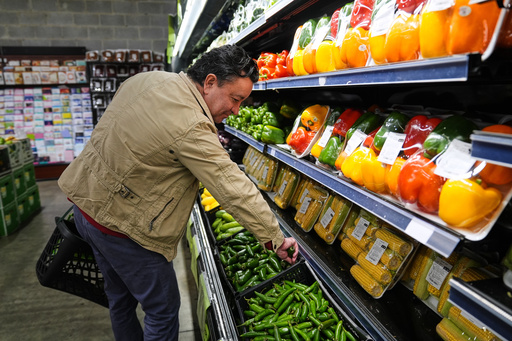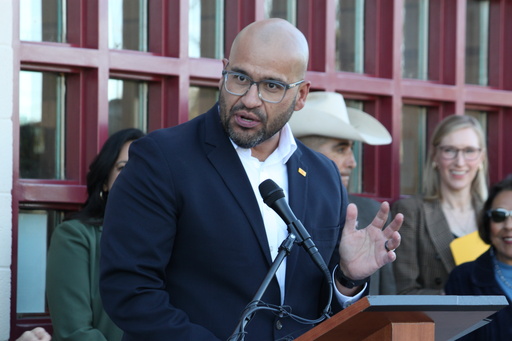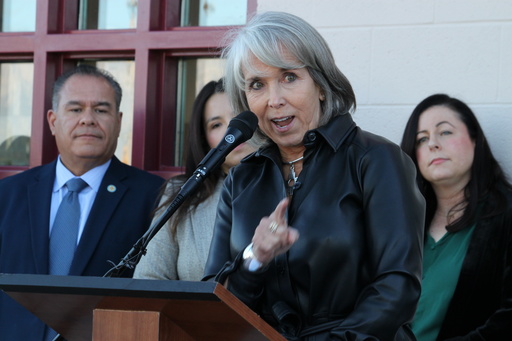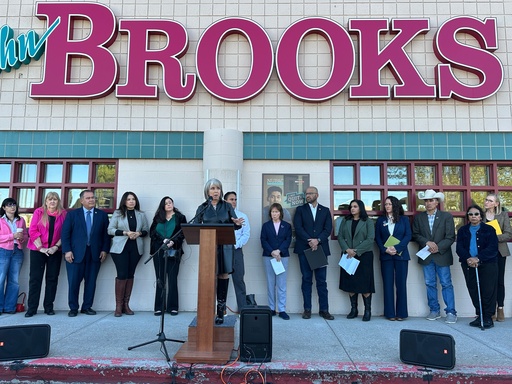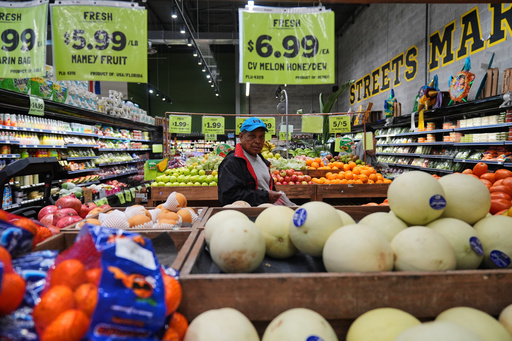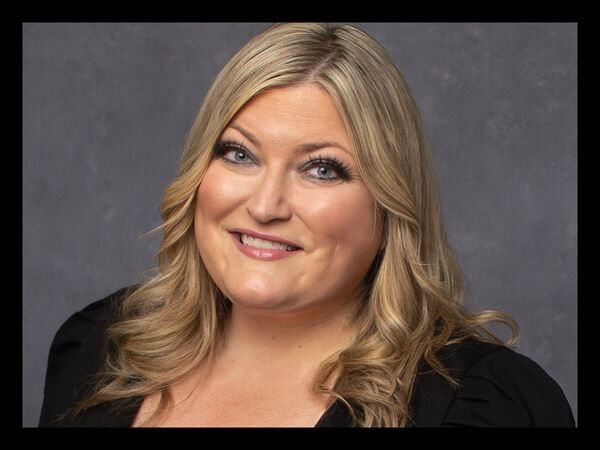Judge questions the Trump administration's plan to suspend SNAP benefits for millions
News > Politics & Government News

Audio By Carbonatix
6:41 AM on Thursday, October 30
By MICHAEL CASEY and GEOFF MULVIHILL
BOSTON (AP) — A federal judge in Boston on Thursday seemed skeptical of the Trump's administration's argument that SNAP benefits could be suspended for the first time in the food aid program's history because of the government shutdown.
During a hearing over a request by 25 Democratic-led states to keep the funding flowing, U.S. District Judge Indira Talwani told lawyers that if the government can't afford to cover the cost, there's a process to follow rather than simply suspending all benefits. “The steps involve finding an equitable way of reducing benefits," said Talwani, who was nominated to the court by then-President Barack Obama.
Talwani said she expects to issue a ruling later Thursday and seemed to be leaning toward requiring the government to put billions of dollars in emergency funds toward SNAP. That, she said, is her interpretation of what Congress intended when an agency's funding runs out.
“If you don't have money, you tighten your belt,” she said in court. “You are not going to make everyone drop dead because it’s a political game someplace.”
Talwani acknowledged that even ordering emergency funds to pay for SNAP might still be painful for some SNAP recipients because it could mean they get less money and that the money they do get could be delayed. “We are dealing with a reality that absent a 100% win for you, the benefits aren't going to be there on Nov. 1,” she told the plaintiffs.
The hearing came two days before the U.S. Department of Agriculture planned to freeze payments to the Supplemental Nutrition Assistance Program because it said it can't continue funding it due to the shutdown.
Other lawsuits have been filed over the program's suspension, including one filed Thursday in Rhode Island by a coalition of eight cities and community, business and union organizations.
SNAP, which costs about $8 billion per month, serves about 1 in 8 Americans and is a major piece of the nation’s social safety net. Word in October that it would be a Nov. 1 casualty of the shutdown sent states, food banks and SNAP recipients scrambling to figure out how to secure food. Some states said they would spend their own funds to keep versions of the program going.
President Donald Trump's administration said it wasn’t allowed to use a contingency fund with about $5 billion in it for the program, which reversed a USDA plan from before the shutdown that said that money would be tapped to keep SNAP running. The Democratic-led states argued that not only could that contingency money be used, it must be. They also said a separate fund with around $23 billion could be tapped.
Although the states requested the funding continue only in their jurisdictions, the judge indicated that any ruling would apply nationwide, saying it wouldn't be fair to treat recipients differently depending on which state they live in. A ruling that would apply everywhere could defy the intentions of the U.S. Supreme Court, which has limited the use of nationwide injunctions, though it hasn't prohibited them.
Much of the hearing revolved around what Congress intended to do when the agency runs out of money for the program. Talwani pushed back against the Trump administration's argument that suspending the benefits was the best option, saying using emergency funds for benefits, albeit reduced, seemed to make the most sense.
“It’s hard to me to understand that this is not an emergency, when there is no money and a lot of people are needing their SNAP benefits,” she said.
Lawyers for the federal government argued that dispersing the full benefits would violate a law that bars the government from paying for programs without a congressional appropriation.
And in court papers, the government said partial payments would require complicated recalculations of benefits that could take weeks.
The plaintiffs argued in their lawsuit that failing to maintain the SNAP funding would hurt public health, make it harder for children to learn in school, drive up government health care expenditures and hurt the retailers that rely on SNAP payments.
To qualify for SNAP in 2025, a family of four's net income can't exceed the federal poverty line, which is about $31,000 per year. Last year, SNAP provided assistance to 41 million people, nearly two-thirds of whom were families with children, according to the lawsuit.
___
Mulvihill reported from Haddonfield, New Jersey.
